Misleading claims in the marketing of infant and young child formula are undermining efforts to promote breastfeeding, according to WHO.
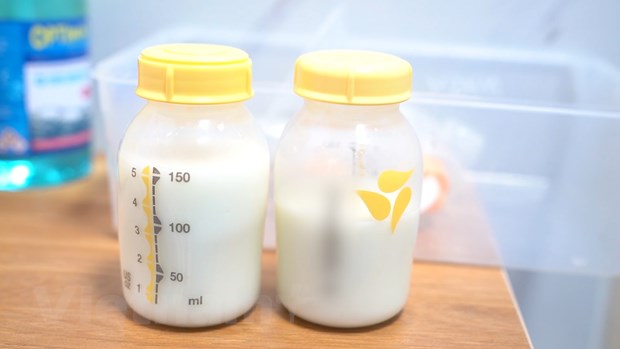 |
| Promoting breastfeeding, a practice that brings lifelong health benefits to infants and young children. (Photo: PV/Vietnam+) |
On August 1, the World Health Organization (WHO) and the United Nations Children's Fund (UNICEF) issued a statement regarding misleading claims in the marketing of infant and young child formula, both globally and in Vietnam, that are undermining efforts to promote breastfeeding, a practice that provides lifelong health benefits for infants and young children, on the occasion of World Breastfeeding Week (August 1-7).
A recent global report by WHO has revealed many misleading marketing strategies for formula in Vietnam, which often include claims that are not supported by science, such as that formula can improve a child’s height, weight or brain development. These marketing claims exacerbate the challenges faced by parents by increasing anxiety about breastfeeding and infant care.
Formula is often presented as a convenient and supportive solution for mothers returning to work. However, WHO and UNICEF stress that women should not have to choose between breastfeeding and their work, as the theme for World Breastfeeding Week 2023 is: “Strengthen support for breastfeeding in the workplace”.
“Formula marketing in Viet Nam, as in other countries, exploits the lack of support for breastfeeding to present formula as a solution for working mothers,” said Dr Angela Pratt, WHO Representative in Viet Nam. “The real solution is to end misleading and influential marketing tactics by the industry once and for all. In addition, in the workplace, health workers and communities need to support women – including working mothers – who want and are able to breastfeed.”
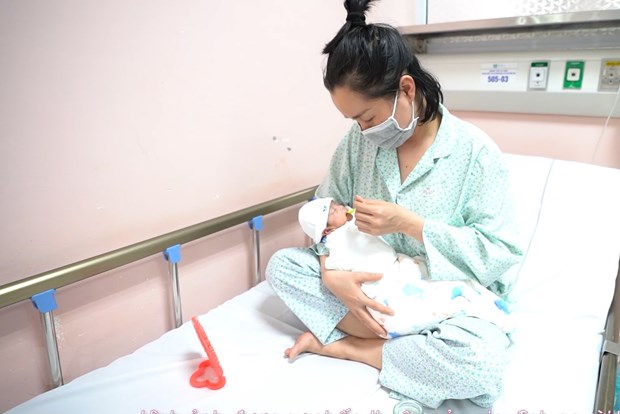 |
| UNICEF actively works with organizations and companies that respect women's rights and introduce conditions to support working mothers to continue breastfeeding. (Photo: PV/Vietnam+) |
Ms. Rana Flowers - UNICEF Representative in Viet Nam said that breastfeeding protects infants from life-threatening infections, supports healthy brain development in children, and prevents chronic diseases in children and mothers. All of these help reduce health care costs.
In addition to calling for an end to marketing tactics by formula companies, UNICEF is actively working with organizations and companies that respect women’s rights and introduce conditions that support working mothers to continue breastfeeding. UNICEF and WHO will continue to work with Governments and partners to support mothers, empowering them to make the best choices for themselves and their families.
Misleading marketing violates Decree No. 100/2014/ND-CP dated November 6, 2014 of the Government of Vietnam on the trade and use of nutritional products for infants, feeding bottles and pacifiers based on the WHO International Code of Marketing of Breast-milk Substitutes. Decree 100 of the Government prohibits the advertising of formula milk for children under 24 months and requires appropriate labeling, information, education and advertising.
In recent years, many countries have strengthened their protections against inappropriate marketing of breast milk substitutes. WHO and UNICEF call on Viet Nam to revise and complete the Advertising Law by 2024 to support and promote breastfeeding and protect infants, young children and mothers.
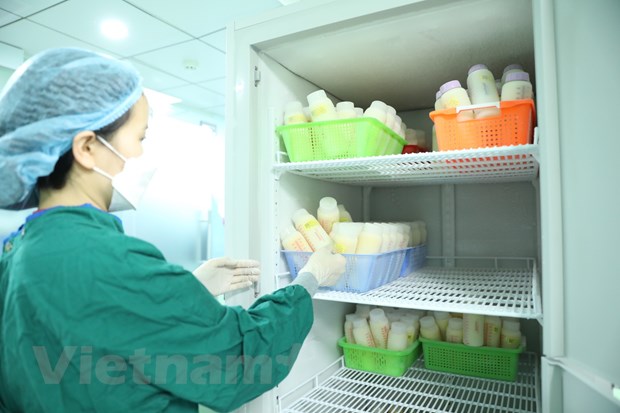 |
| Preserving breast milk at a breast milk bank. (Photo: PV/Vietnam+) |
To support this effort, WHO, UNICEF and civil society partners have developed various tools to support implementation of the International Code, measure the extent of formula marketing, evaluate existing laws, develop monitoring systems and strengthen enforcement of regulations, while working to improve parents' access to objective, commercially uninfluenced information on infant and young child nutrition and feeding.
WHO and UNICEF call on ministries, sectors and stakeholders to prioritize and strengthen breastfeeding support, including creating a supportive environment for breastfeeding for all working mothers, ensuring adequate paid maternity leave for all working parents, and increasing investment in breastfeeding support policies and programs./.
( According to https://www.vietnamplus.vn/who-canh-bao-ve-tiep-thi-sua-cong-thuc-danh-cho-tre-em-tai-viet-nam/886629.vnp)
.
Source link


![[Photo] The 5th Patriotic Emulation Congress of the Central Inspection Commission](https://vphoto.vietnam.vn/thumb/1200x675/vietnam/resource/IMAGE/2025/10/27/1761566862838_ndo_br_1-1858-jpg.webp)




![[Photo] Party Committees of Central Party agencies summarize the implementation of Resolution No. 18-NQ/TW and the direction of the Party Congress](https://vphoto.vietnam.vn/thumb/1200x675/vietnam/resource/IMAGE/2025/10/27/1761545645968_ndo_br_1-jpg.webp)





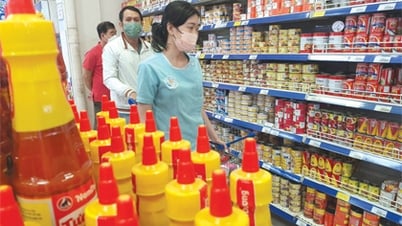



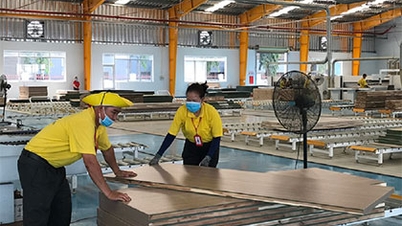






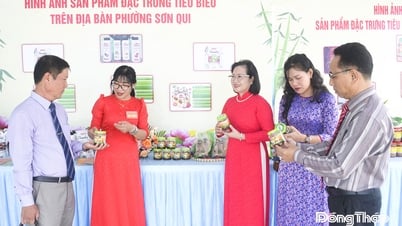
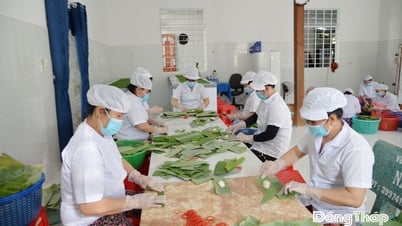
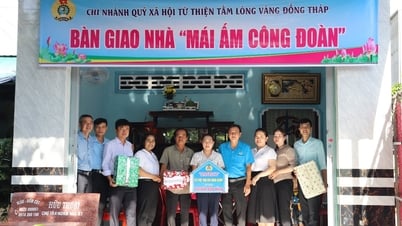
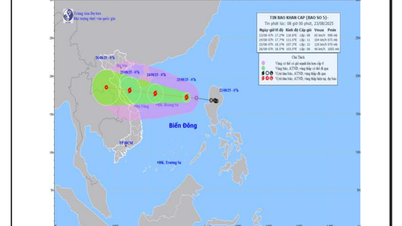



![[Photo] National Assembly Chairman Tran Thanh Man receives Chairman of the House of Representatives of Uzbekistan Nuriddin Ismoilov](https://vphoto.vietnam.vn/thumb/1200x675/vietnam/resource/IMAGE/2025/10/27/1761542647910_bnd-2610-jpg.webp)























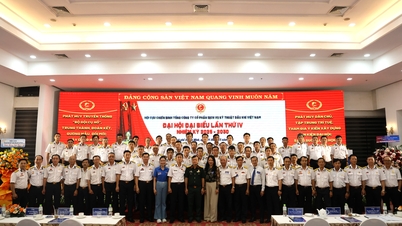

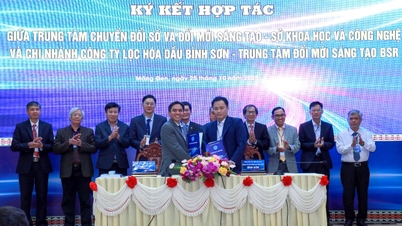
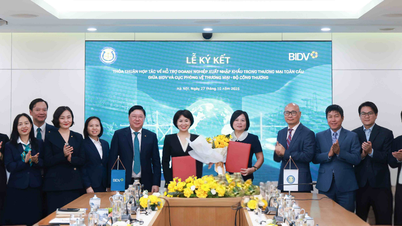














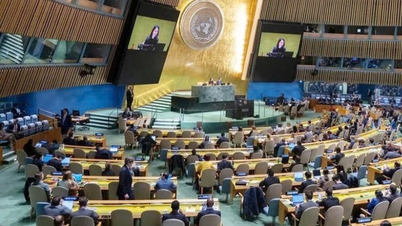


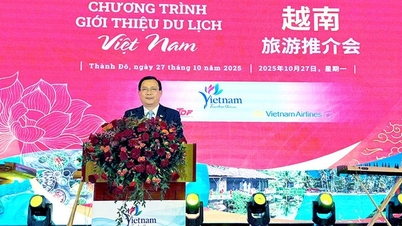




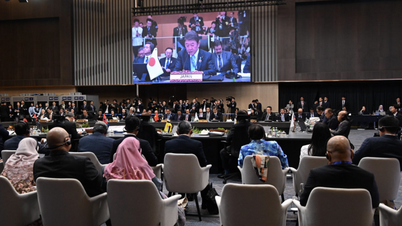




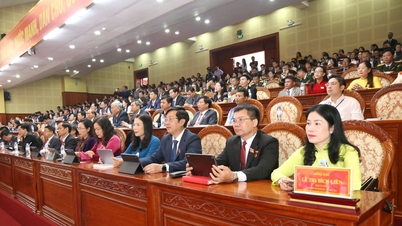



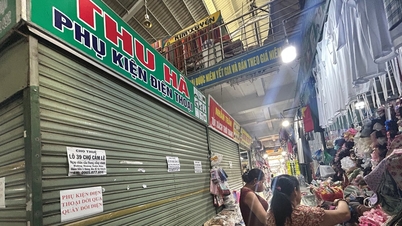

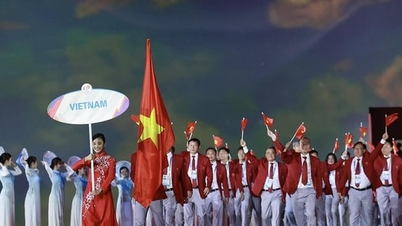
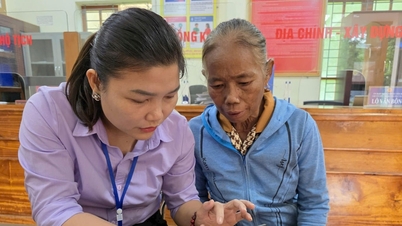
















Comment (0)